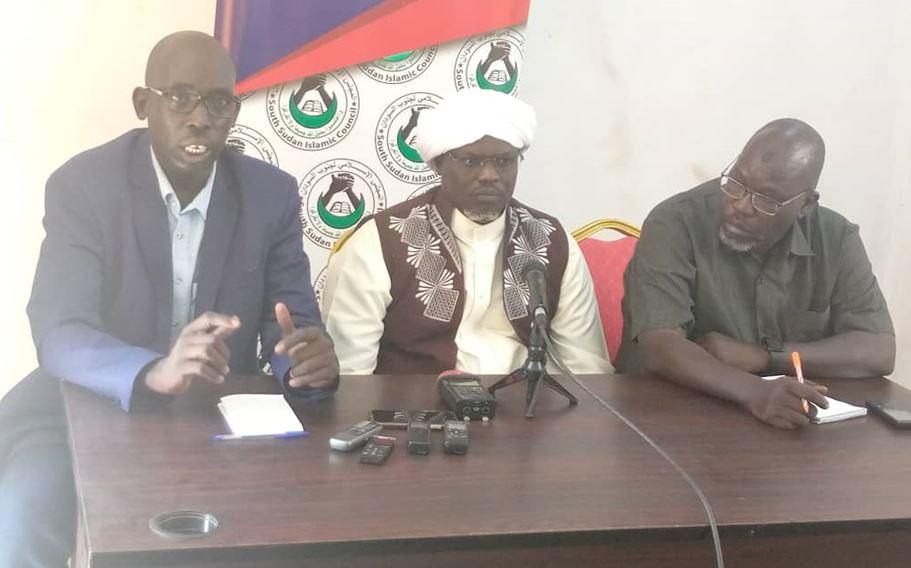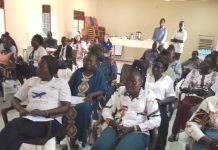Kitab Unango
Africa-Press – South-Sudan. The Islamic Council refuted the statement from the Juba City Council that it does not own parts of the Konyo-Konyo markets.
This came after the warning to traders by the chamber of commerce not to pay ground rents to the Islamic Council.
The Juba City Council Chamber of Commerce told the media on Monday that the area was under the government’s control.
“We request the traders in Konyo Konyo north market to cooperate with the government of the city council but not the Islamic Council because up to now there is no legal proof that the northern part of Konyo-Konyo market belongs to Islamic Council,” Stephen Wani, Chairperson of JCC Chamber of Commerce, told reporters on Monday.
Wani added, “We recognise the presence of local government in presence of City Council authorities that they will be the one in charge of administering the land and taking full control of [it], be the ones to collect taxes or any revenue or any fee from Konyo Konyo north market but not the Islamic Council.’’
On Tuesday, the Islamic Council refuted the chamber’s claim, asserting that the court had ruled twice in favour of the council, confirming its ownership of the land on July 5, 2022, and September 21, 2022.
“The court cancelled the criminal case filed by the Juba Municipality after the municipality failed to produce documents confirming its ownership of the preaching centre of Muslims,” Ibrahim Awol Nyekir, Spokesperson for the South Sudan Islamic Council said.
Awol added, “They are trying to create confusion for some traders. The land rent should not be confused with other returns, as the Islamic Council is satisfied with collecting the land rent value only because it is the legitimate owner of the plot of land.”
The dispute between the city council and the Islamic body has dragged since last year, compelling the local government to pursue a legal criminal case against the latter, which was nullified on September 21, 2022.
“We appeal to everyone to respect the judicial decisions that established the Islamic Council’s entitlement to the plot of land of the preaching and guidance centre,” Awol further said.
He also refuted the earlier report by the Central Equatoria State Chamber of Commerce that the council was intimidating traders on the contested land.
“The Islamic Council does not intimidate traders or others, but we appeal to all stakeholders to cooperate with the Islamic Council to reconcile their situation by paying land rents to the legitimate owner of the aforementioned plot of land, which is the “Preaching and Religious Guidance Center affiliated to the Islamic Council,” Awol stated.
For More News And Analysis About South-Sudan Follow Africa-Press






